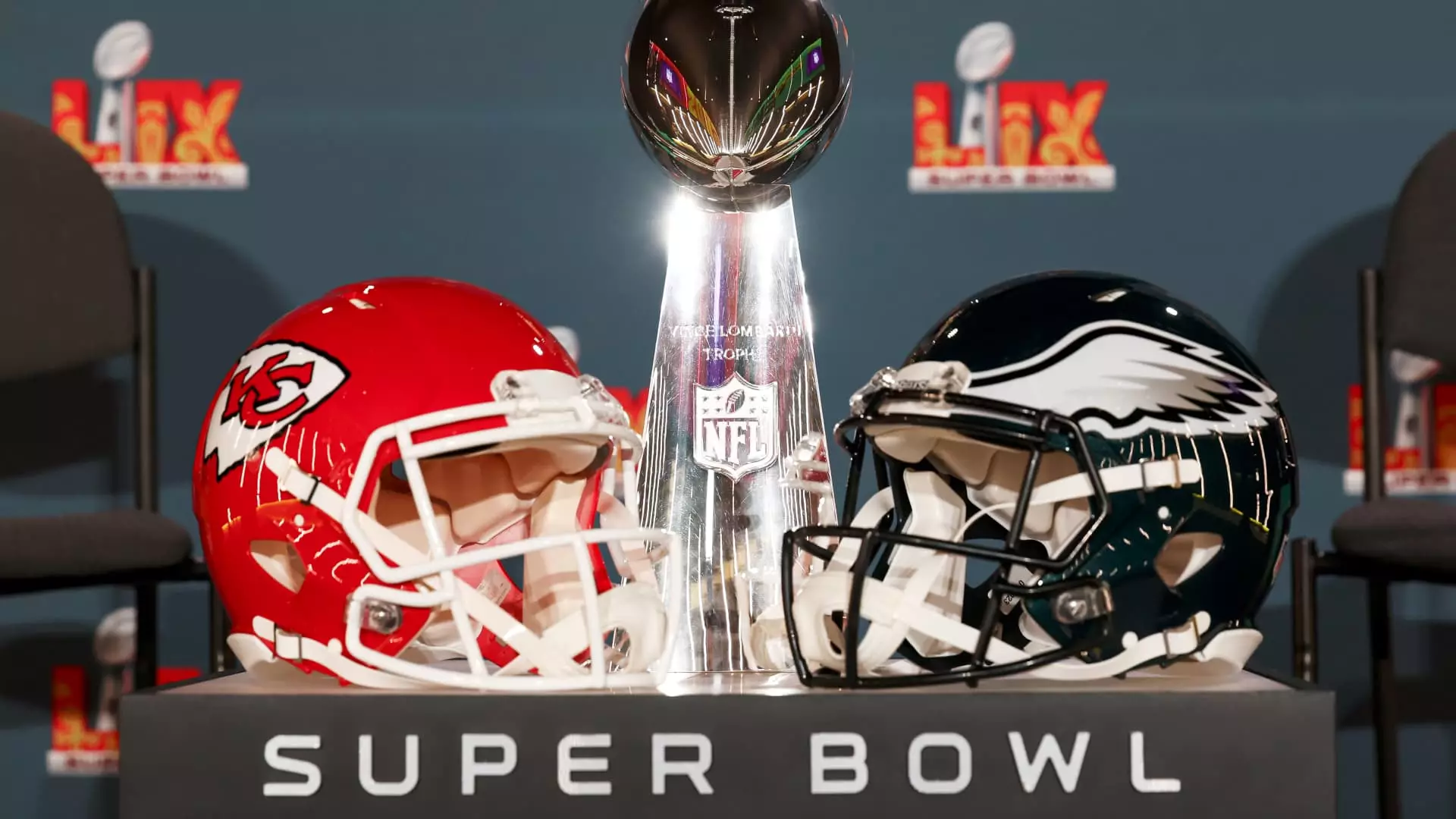The NFL’s recent actions against players, coaches, and staff involved in Super Bowl ticket resales reveal a troubling inconsistency that questions the league’s commitment to fairness. While the league publicly condemns profiteering, its own enforcement measures seem motivated more by damage control than genuine integrity. Fining individual participants and restricting their future access under the guise of protecting the sport’s fairness feels clichéd and superficial. The NFL portrays itself as a guardian of fan interests, yet its selective enforcement raises doubts about whether these punitive measures address deeper institutional issues or merely serve to divert criticism.
A Double Standard in Enforcement
The fines levied—1.5 times the face value for players and twice that for employees—appear substantial at first glance, but they may be little more than symbolic gestures. The league’s visibly selective approach suggests that the real concern is optics rather than systemic reform. High-profile players are targeted, while the underlying question remains: why do these resale practices flourish in the first place? The NFL’s own policies forbid resale at above face value, yet the enforcement seems reactive rather than proactive. This highlights a fundamental flaw—regulation that reacts only when scandals come to light rather than fostering a culture of integrity internally.
Profitability and Power Dynamics
The league’s crackdown also underscores the often ignored dynamics of power and profit within the NFL universe. Players, coaches, and staff are reportedly profiting from ticket resales to “bundlers” who profit heavily by exploiting the demand for Super Bowl seats. This reveals an underlying paradox—while the NFL champions itself as a family-friendly, community-oriented organization, it tacitly accepts a marketplace where insiders profit at the expense of genuine fans. The restrictions on future purchases further reinforce the notion that the league seeks to police behavior superficially while maintaining the status quo that benefits powerful insiders.
Is This Truly About Fair Play?
Ultimately, the NFL’s tough talk about profiteering falls flat when scrutinized against the broader context of the league’s commercial interests. Ticket reselling has long been a shadowy industry, thriving precisely because of the scarcity and high demand created artificially. While the league claims to address these issues through enhanced compliance training, systemic change would involve acknowledging the broader market forces at play and addressing how scarcity and exclusivity inflate profits. Instead, the focus on penalizing individual offenders seems more like a mechanism to reassure fans than to solve systemic problems.
A Need for Honest Reflection
The NFL’s focus on punishing a few individuals amounts to a superficial attempt at damage control. If the league genuinely sought fairness and transparency, it would confront the broader economic and structural factors fueling ticket resales. Until then, these enforcement efforts will remain seen as window dressing, not real reform. The league’s reputation hangs in the balance; it must decide whether to truly uphold integrity or continue operating as an exclusive, profit-driven enterprise that occasionally feigns concern for its loyal fans.



Leave a Reply